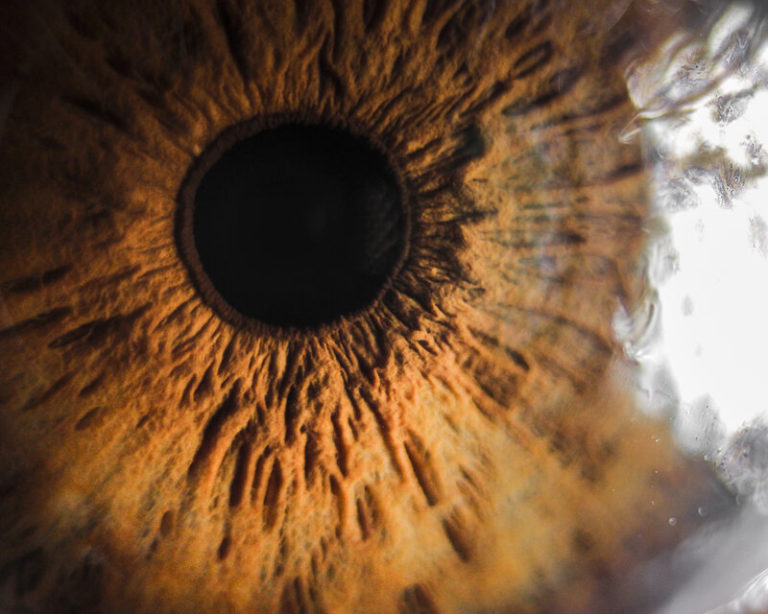Eyelid Surgery: Post-Op Care At Home
Posted by: Atlantic Eye Institute in Eye Surgery
Eyelid surgery (blepharoplasty) is medically recommended for patients with hooded or sagging eyelids that compromise vision or eye health. It’s also one of the only forms of plastic surgery covered by insurance when deemed medically necessary. Those tissues are tender, and the eye is susceptible to post-procedure infections. Hence, blepharoplasty aftercare is essential to healing…
Read More4 Ways To Reduce Dry Eyes
Posted by: Atlantic Eye Institute in Dry Eye
By definition, dry eye is a condition caused by “insufficient tear quality or tear quantity.” While the eyes excrete more tears when you are sad, from laughter, or when you get something in your eyes, a healthy eye continually produces just enough tear solution to hydrate the eye’s surface and flush it of environmental particles. …
Read MoreHow LASIK Can Save You Money
Posted by: Atlantic Eye Institute in LASIK
Many patients shy away from LASIK surgery because they don’t want to pay for it out-of-pocket. This is a shame because, when comparing the first-time costs of LASIK surgery and the lifetime costs of not getting LASIK, most people actually save money by investing in LASIK. 5 Ways Getting LASIK Surgery Will Save You Money …
Read MoreContact Lens Care: Prevent Acanthamoeba From Summer Swimming
Posted by: Atlantic Eye Institute in Education
Taking proper care of your contact lenses is essential for them to work correctly and to prevent infection. Normally, the types of infections caused by wearing contacts for longer than prescribed or not cleaning them as directed are keratitis (infection of the cornea) or other variations of viral, bacterial, or fungal infections. Recently, the American Optometric Association…
Read MoreDoes Your Child Have Crossed Eyes?
Posted by: Atlantic Eye Institute in Education
Your eyes are members of a three-part team. In addition to your eyes, the optical nerve and the brain are the second and third members of the visual “three musketeers.” When the eyes and the brain are not able to work together, which is the case when a child has crossed eyes (strabismus), it…
Read MoreWhy Am I Seeing Spots And Floaters?
Posted by: Atlantic Eye Institute in Education
Every once in a while we all see a spot or floater flash by our field of vision. It might be a speck of dust or a little eye liquid (vitreous) that’s making its way across the lens. Seeing more frequent spots and floaters means it is time to schedule an appointment with your optometrist or…
Read MorePediatric Eye Exams Catch Retinoblastoma Early
Posted by: Atlantic Eye Institute in Education,Eye Exams
Retinoblastoma is a type of eye cancer that develops in the retina, an inner layer of tissue at the back of the eye that is made up of light-sensitive cells. It develops early in life, making it the most common type of eye cancer in children. As with any cancer, early detection is the key…
Read MoreRetinitis Pigmentosa: Symptoms & Treatments
Posted by: Atlantic Eye Institute in Education
Retinitis pigmentosa is a genetically inherited condition that causes a breakdown in the cells that form the retina. The retina is located at the back of the eye near the optic nerve. Its main job is to receive light that the lens has focused on the retina’s surface, translate the visual information (using photoreceptors called…
Read MoreOcular Hypertension: A Precursor To Glaucoma
Posted by: Atlantic Eye Institute in Education,Glaucoma
The term hypertension typically refers to high blood pressure. In the realm of optometry and ophthalmology, ocular hypertension refers to a buildup of fluid pressure inside the eye. Just as high blood pressure must be managed well to support whole-body health, ocular hypertension requires immediate diagnosis and treatment to support eye and vision health. What Is Ocular Hypertension? …
Read MoreNystagmus: The Case Of The Jiggling Eyeballs
Posted by: Atlantic Eye Institute in Education
The term nystagmus refers to a very rapid, lateral (side-to-side) movement of the eyeball. Everyone experiences a brief instance of it at some point in their life, typically the result of being overtired or straining to see something. However, any regular instances of nystagmus should generate an immediate call to an optometrist. Nystagmus is divided into…
Read More












